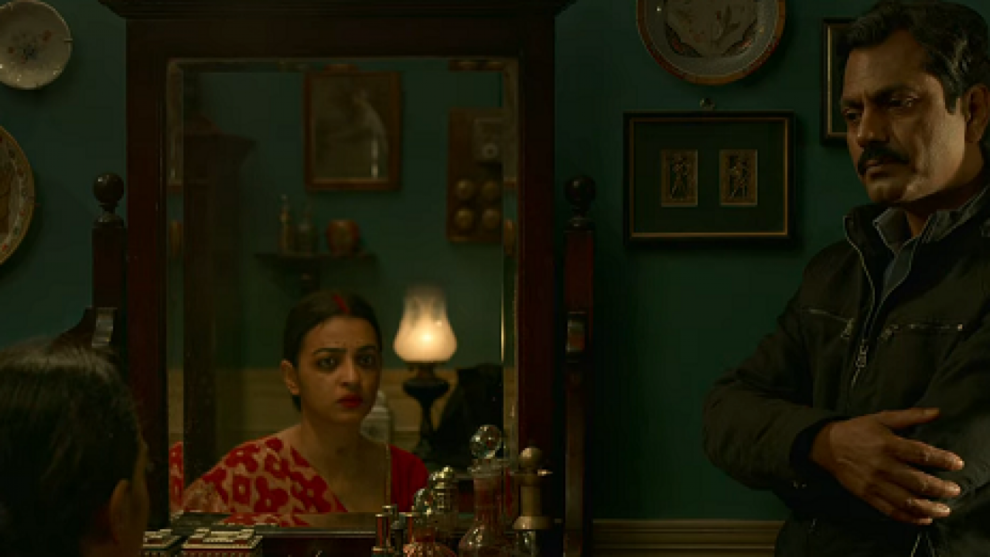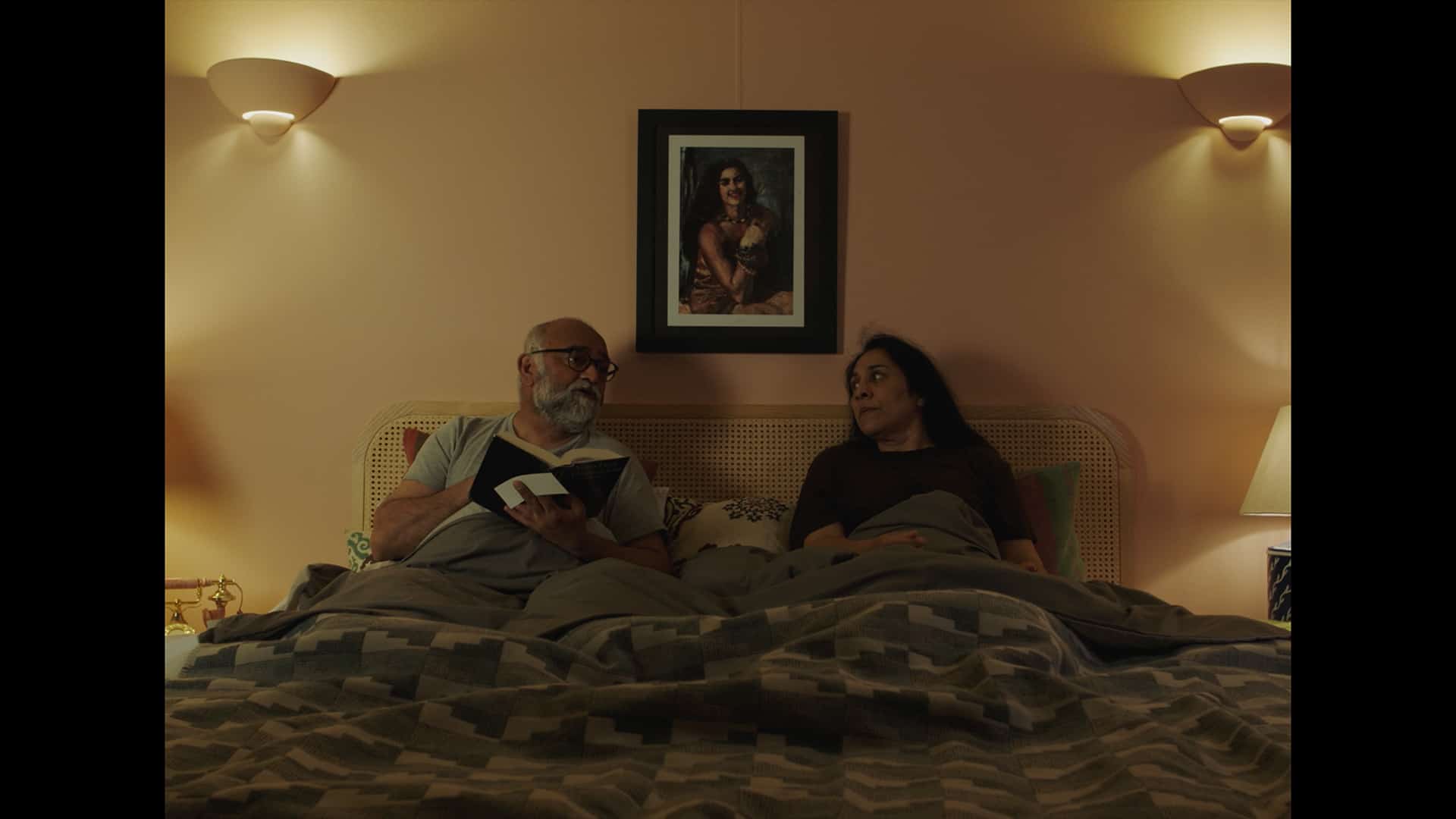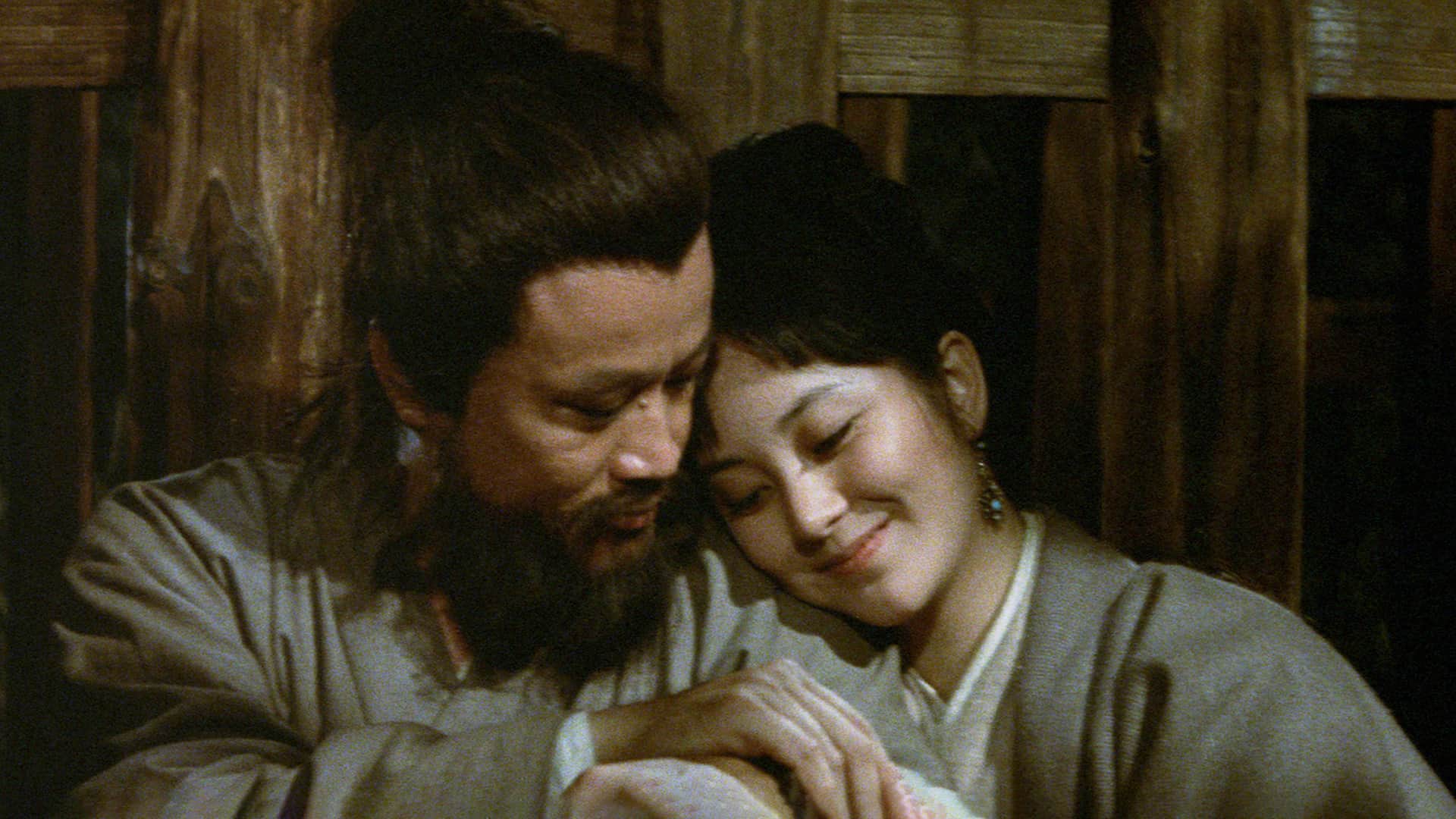Combining a traditional whodunit basis with a genre mash up that includes thriller, drama, noir, and comedy is not an easy task, but is exactly what Honey Trehan attempted with “Raat Akeli Hai”. Let us see if he succeeded.
After a flashback of a murder that took place five years before the main story, the film turns to the present, where Inspector Jatil Yadan, a small-town officer who still lives with his mother and is pressured by everyone around him to get married, is tasked with investigating a high-profile member of a rich aristocrat named Raghuveer Singh. Jatil arrives in the manor, only to find that the man was murdered with his own weapon during his wedding night, and that none of the inhabitants of the house seems to know or have heard anything.
Jatil Yadav is first introduced to the family by Ramesh Chauhan, brother of Raghuveer Singh's first wife (who was murdered 5 years ago). Members of Raghuveer's family include his 2 children – Karuna Singh (daughter of Raghuveer Singh) and Karan (son of Raghuveer Singh), Chunni (the maid of the house), Pramila Singh (wife of Raghuveer Singh's brother and Raghuveer Singh's sister-in-law), Vasudha and Vikram Singh (daughter and son of Pramila), Ravi Sisodia – the volatile husband of Karuna, and Radha – the young bride of Raghuveer Singh. Radha is treated like an outsider by the family, who resent her considering that she was in with Rghuveer Singh for his money, with her only supporter in the house being Chunni. Chunni's mother, whom everyone considers half-crazy also dwells around the house helping with the housekeeping. Jatil develops a soft spot for the beautiful Radha, but soon finds out that he has to face pressure from his higher ups regarding his attitude in solving the case, while a number of the family's secrets eventually come to the fore.
Honey Trehan's direction excels in a number of ways. The way he presents all the characters, gradually revealing their back stories and allowing for almost all actors enough space to shine is excellent, and results in a number of sequences where their chemistry is truly impressive. Furthermore, the way he combines the different elements that comprise the narrative is also ideal, with the mystery and the drama being toned by moments of comedy, mostly deriving from the ways Jatil's mother pins him down, with him occasionally seeming completely defenseless against her comments, which also include some about his color of skin. This element contradicts the way he leads the rest of his life, being fearless in the face of his higher ups and even eager to become forceful against the spoiled members of the family, creating a rather entertaining antithesis that is the main source of hilarity in the movie.
Nawazuddin Siddiqui gives a great performance as Jatil, highlighting all the different levels of a rather complicated character, with an artfulness that anchors the film in the most impressive fashion. The scenes where he becomes violent, the ones where he flirts with Radha in a distinct, alpha-male style, and his interactions with his higher ups are the highlights of an overall great performance.
Perhaps the only aspect of the movie that is somewhat off is the romantic one, which seems a bit far-fetched at times, and a bit underdeveloped, although not to a point to significantly fault the narrative. On the other hand, the action that takes over the last part of the movie is quite well-shot, with the element of surprise being presented excellently by the overall impressive cinematography by Pankaj Kumar. His framing, in combination with the lighting and the overall story are also the main sources of the noir element in the film, which also works quite well in the context.
Furthermore, “Raat Akeli Hai” also exhibits a sense of theatricality, mostly in the scenes where Jatil confronts the members of the family in the house, which also highlights the work done in the production design by Rita Ghosh, Vinay Narkar and Niyoti Upadhye, with the lavish sets becoming a crucial element of the narrative. This aspect also reminds of a number of movies based on Agatha Christie's novels, although Jatil is a much harsher man than Poirot. Lastly, A. Sreekar Prasad's editing connects the plethora of scenes rather well, allowing for the many plot twists to appear in well-timed moments, while implementing a relatively fast pace that works quite well for the narrative, despite the fact that a bit of trimming would definitely benefit the movie.
“Raat Akeli Hai” has its faults, and at 149 minutes somewhat overextends its welcome, particularly in the romantic aspects, but Siddiqui's charisma, the overall visuals and Trehan's direction allow the movie to rise beyond its few shortcomings, and result in a rather entertaining spectacle.















